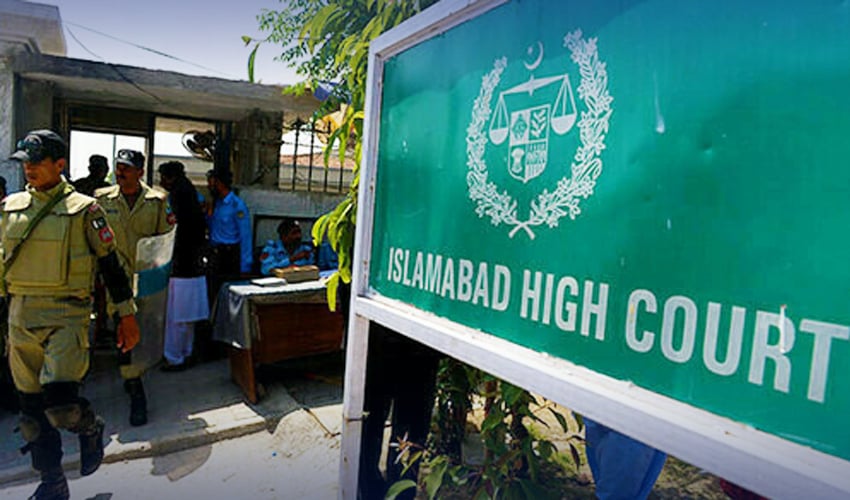The Islamabad High Court has ordered to arrest the Islamabad deputy commissioner and produce him in court.
The court issued these orders while hearing the contempt of case against Deputy Commissioner (DC) Irfan Nawaz Memon and Senior Superintendent of Police (Operations) Malik Jameel Zafar, for exceeding their authority to issue orders regarding the Maintenance of Public Order (MPO).
The court ordered the arrest and production of the DC after rejecting his request for exemption from attendance.
The court's decision came following Memon's absence from proceedings, as he has to reportedly embark on an Umrah pilgrimage. However, Memon's lawyer, Advocate Raja Rizwan Abbasi, claimed that the DC is currently in Khairpur due to his mother's illness.
However, SSP Zafar and Superintendent of Police (SP) Farooq Buttar appeared in court in relation to the contempt of court case. Prosecutor Qaiser Imam was also present during the proceedings.
Also Read: IHC bars Islamabad deputy commissioner from issuing MPO orders
Justice Babar Sattar, presiding over the case, issued an arrest warrant for DC Memon, emphasizing the seriousness of the contempt charges. The court directed the inspector generals of all four provinces and Islamabad to ensure Memon's arrest and to produce him before the Islamabad High Court without delay.
"The Islamabad DC should be arrested and presented in court wherever he is found," the judge ruled.
His lawyer Raja Rizwan Abbasi told the court that the DC has to proceed for Umrah, but is in Khairpur right now as his mother asked him to.
"Yesterday, the court did not approve the application of Irfan Nawaz Memon," Justice Sattar remarked.
In September last year, the IHC had retrained the deputy commissioner from issuing MPO orders for an indefinite period. Justice Babar Sattar had ruled that the Islamabad DC cannot use the powers of Section 3 of MPO for an indefinite period.
The order was issued during the hearing of a petition against the detention of PTI leaders Shehryar Afridi and Shandana Gulzar. The court asked under which jurisdiction the district magistrate was issuing orders under the MPO.



























